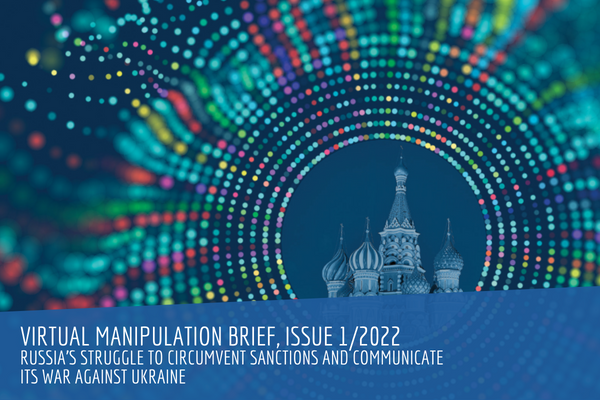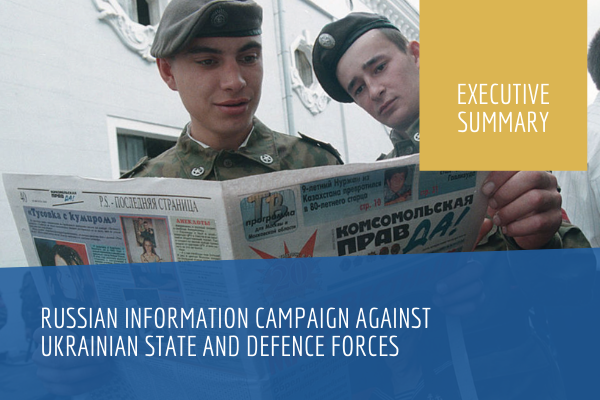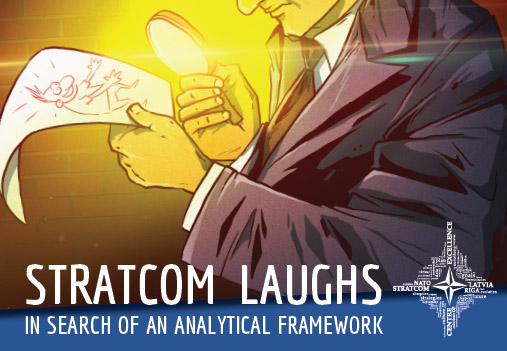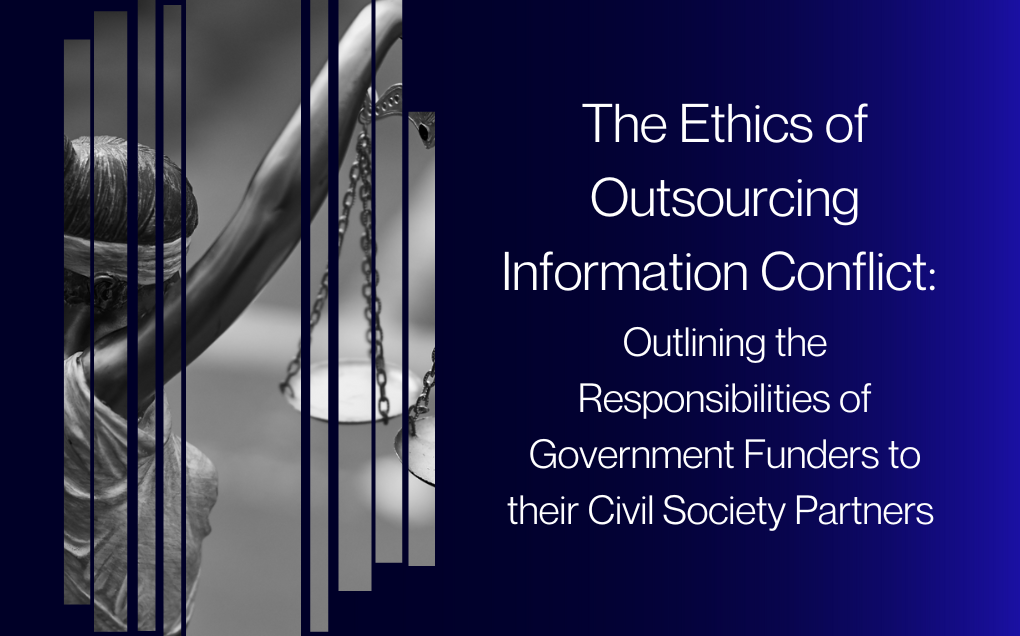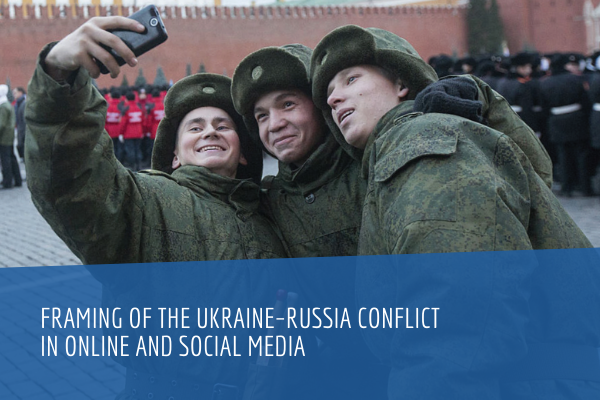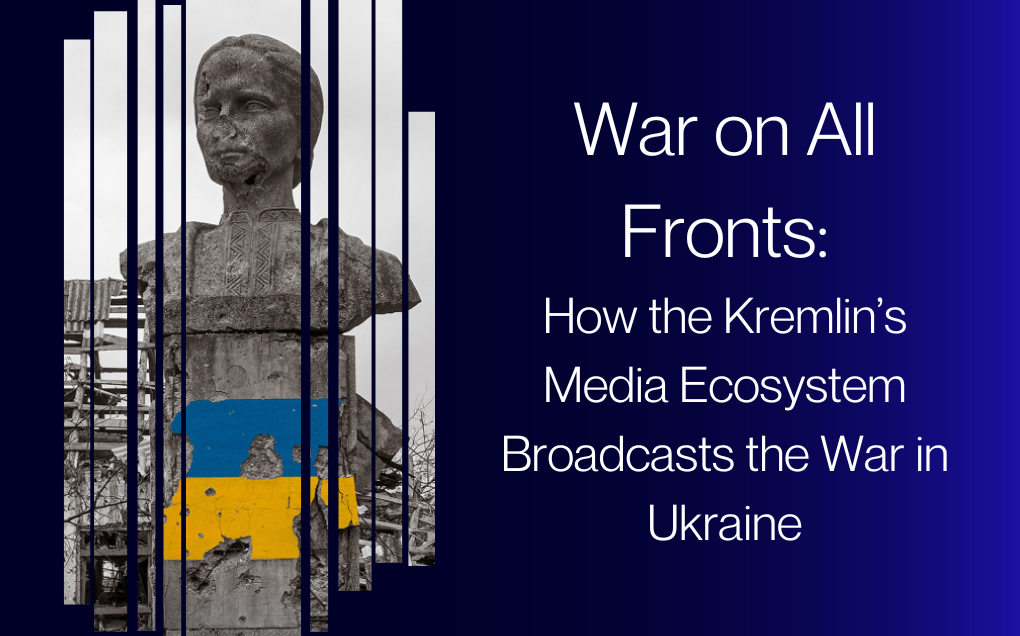In this first issue of the Virtual Manipulation Brief, we zoom in on the Russian language conversation, and how it changed as a result of the decision to invade Ukraine.
The Virtual Manipulation Brief builds on our Robotrolling reports, tracking how Russian bots and trolls manipulate the flow of information online. It expands the area of focus beyond the conversation about NATO to Russia’s war against Ukraine. And it will look beyond Twitter and VKontakte to track how antagonists use other social media platforms to disinform the public.
In this issue, we start by examining how social media usage in Russia changed since February. A comparison of heavily amplified content about NATO on Twitter and VKontakte exposes the Kremlin’s waning ability to control conversations on Western platforms. Finally, we show how the Kremlin propagandist Margarita Simonyan moved her communication to Telegram to evade sanctions directed at RT.
